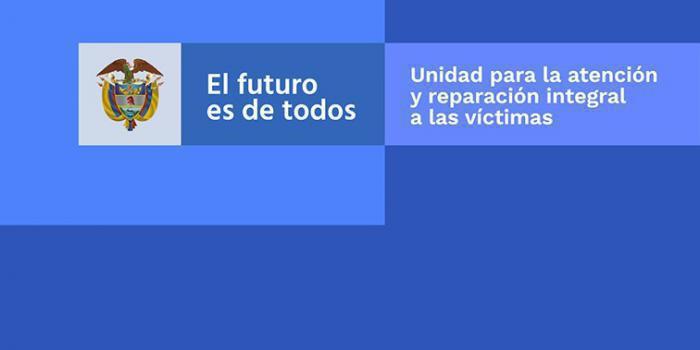
The Prevention and Emergencies Assistance Sub-directorate gave technical aid to territorial entities
The objective was to update these entities contingency plans to provide immediate humanitarian assistance and care to conflict’s victims.

As part of the humanitarian emergencies response enlistment improvement for 2021, the Prevention and Emergencies Assistance Sub-directorate (SPAE for its Spanish acronym) held a series of meetings aimed to provide technical assistance to different Colombian territorial entities.
The meetings were virtually attended by those territorial entities identified as strategic due to their characteristics: PDET zones; as well as areas that have Constitutional Court early warnings or recommendations for response enlistment.
The technical assistance sessions had more than 350 guests. The territorial entities responded positively; they expressed the meetings were useful.
Thanks to the prioritization study to determine which territorial entities should be technically assisted, the SPAE chose the mayor’s and governor’s offices to participate in these sessions and it established groups to carry out the event:
The first session on February 18th was addressed to all governor’s offices. It focused on presenting their powers for being all the AHI components in their departments’ municipalities subsidiaries. On the other hand, this session also aimed to clarify matters about their contingency plans update. These activities were framed by the following: the purpose of enlistment is to guarantee the vital minimum right effective enjoyment.
On February 19th, the session dealt with capital cities. One of the issues discussed was the support to large recipients such as the case of Soacha municipality, a place which does not have the capital city status, but it also receives a large quantity of victim population like capital cities do. The intervention focused on specifying the first responders and major recipients’ condition and, therefore, identifying care routes articulators. Consequently, it focused on the response preparation and contingency plans update responsibility, the subsidiarity principles activation and the local resources coordination after guaranteeing the vital minimum right effective enjoyment.
The third and fourth sessions took place on February 23rd and 24th. The activities aimed the two highest priority groups (group 1 and 2) municipalities because of their critical humanitarian
situation; 75 entities were invited. To motivate greater participation, the groups were attended in two days. Myths about contingency plans were presented and debunked. Later, there was an appropriate orientation of said plan and the victims' links in the municipalities were able to solve doubts regarding AHI components delivery responsibility and, ultimately, about the victims’ population’s vital minimum right effective enjoyment.
Once the four sessions are over, the SPAE prepares two new sessions for 204 municipalities in priority group 3, which includes entities alerted by the Ombudsman's Office as well as PDET municipalities.
(End/SPAE/CMC/COG/RAM






